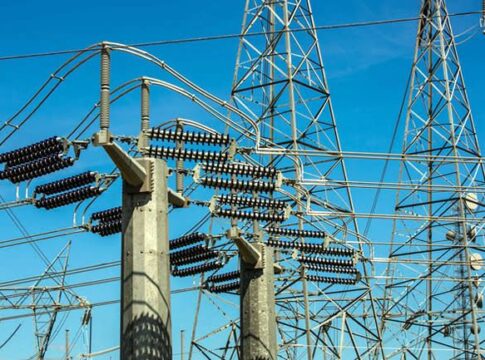Nigeria’s national power grid has collapsed for the 12th time this year, leaving millions of homes and businesses in darkness. This setback comes despite government assurances of achieving 6,000 megawatts (MW) of electricity generation by December.
Electricity generation plummeted to zero by 2 p.m. on Monday, following an earlier output of 3,087 MW at 1 p.m., according to data from the Independent System Operator (ISO). The Jos Electricity Distribution Company confirmed the grid failure, saying power supply was lost around 1:33 p.m.
The collapse follows a record generation of 5,105 MW in July 2024, the highest in three years. However, recent output has hovered between 4,000 MW and 4,500 MW, falling short of expectations.
Blame on Substandard Equipment
Senator Enyinnaya Abaribe, Chairman of the Senate Committee on Power, attributed frequent grid failures to the use of substandard equipment in the power sector. Speaking at a stakeholders’ roundtable in Abuja, he called for stricter enforcement of technical standards.
“Substandard materials compromise the integrity of our electricity infrastructure,” Abaribe said. “Concrete pole manufacturers are cutting corners due to rising costs of cement and iron rods.”
The roundtable, organized by the Nigerian Electricity Management Services Agency (NEMSA), aimed to address the challenges of maintaining standards in the sector.
A Growing Challenge for Regulators
With the recent decentralization of regulatory powers under the Electricity Act of 2023, enforcing electrical standards at state levels has become more challenging. NEMSA’s Managing Director, Engr. Aliyu Tahir, assured stakeholders of the agency’s commitment to ensuring safety and compliance in the sector.
“This roundtable is a critical step towards a reliable and sustainable power industry,” Tahir said. “We need collective efforts from legislative and judicial bodies to strengthen regulatory frameworks.”
Meanwhile, calls for urgent action are mounting as businesses and households grapple with the consequences of unreliable power supply. “This isn’t just about infrastructure; it’s about lives and livelihoods,” said Musa, reflecting the growing frustration of citizens across the country.




